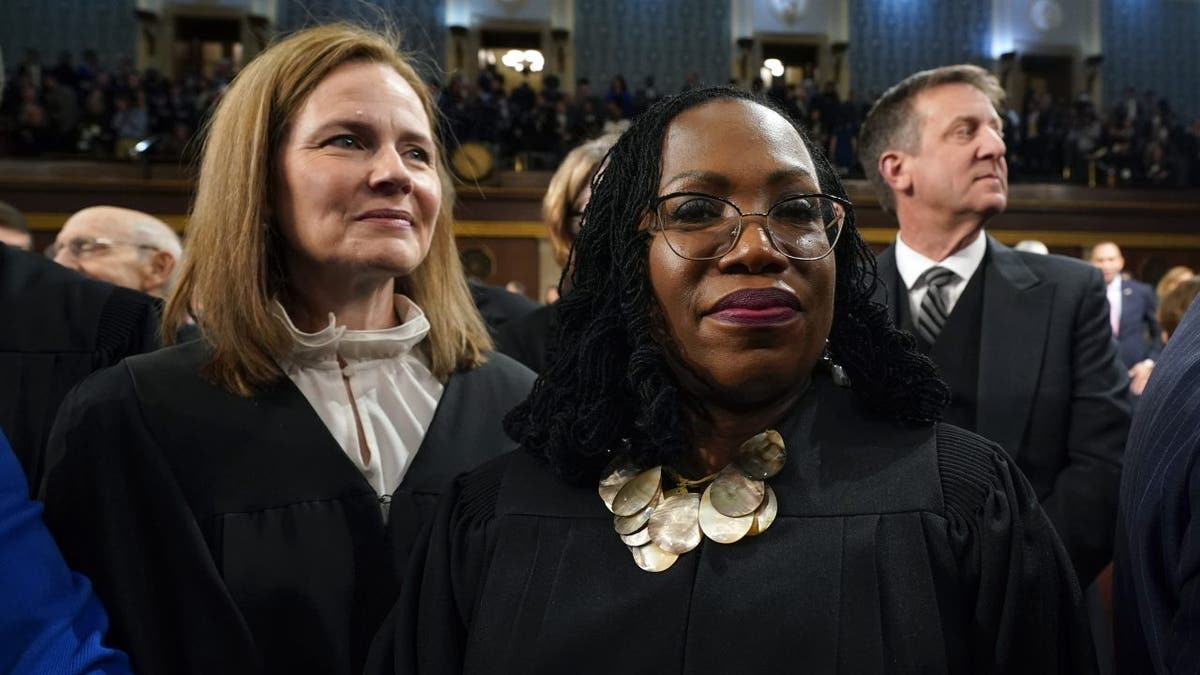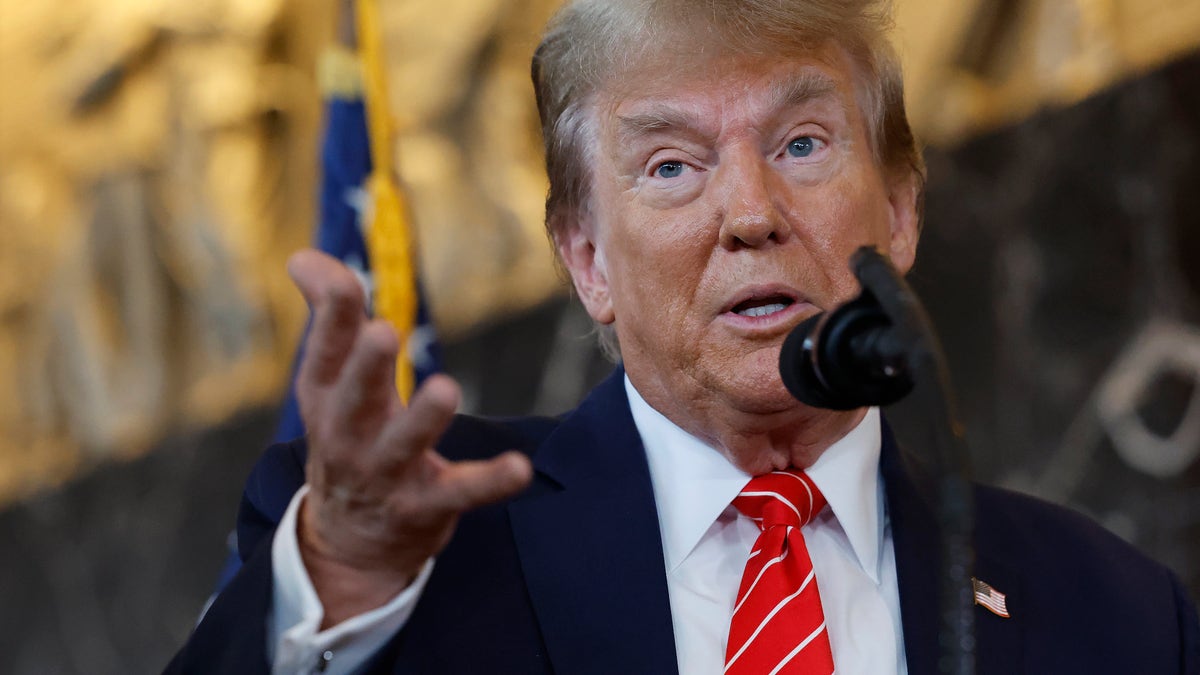Jonathan Turley says SCOTUS had 'perfectly glacial' reception to Trump ballot removal arguments
Fox News contributor Jonathan Turley joined 'Outnumbered' to discuss his take on the Supreme Court's oral arguments regarding Trump's ballot case in Colorado.
Fox News contributor Jonathan Turley detailed how the Supreme Court had a "perfectly glacial" reception to the Trump ballot removal arguments presented on Thursday, arguing the left-leaning justices were the ones asking the tough questions as the 2024 election hangs in the balance. Turley gave his firsthand analysis of the oral arguments during "Outnumbered," as deliberations concerning the 14th Amendment continue.
JONATHAN TURLEY: I think that the advocates for disqualification probably expected a cold reception, but this was perfectly glacial… The problem for [attorney] Jason Murray is that his toughest questions came from the left of the court. Many people have been saying how the conservatives are going to sandbag this entire appeal, and how they have to look deeply within themselves. Many of the toughest questions were coming from Justice Jackson and Justice Kagan, and Justice Jackson notably kept on raising this first question, which is, perhaps the presidency is just not covered by this provision.

Amy Coney Barrett, associate justice of the U.S. Supreme Court, left, and Ketanji Brown Jackson, associate justice of the U.S. Supreme Court, look on following a State of the Union address at the U.S. Capitol in Washington, D.C., on Feb. 7, 2023. (Jacquelyn Martin/AP/Bloomberg via Getty Images)
And she has always taken a particular interest in the 14th Amendment and had said… it's plausible that he was not, and some of the other justices raised the fact that the 14th Amendment was designed to take power away from the states, and yet, as... Chief Justice Roberts said, you are curiously finding that there's a provision here that radically expands their power, and that seems to go against the entire tenor and purpose of the 14th Amendment. This was really a tough going. Jason Murray did as good a job as he could do. But I imagine he wanted to do everything short of pulling the fire alarm at one point because… he was just getting hit from all sides in this argument.

Former President Donald Trump talks to reporters at the International Brotherhood of Teamsters headquarters in Washington, D.C., on Jan. 31. Trump met with leaders and members of the organized labor group while looking for union support after the United Auto Workers endorsed President Biden's re-election campaign. (Chip Somodevilla/Getty Images)
SUPREME COURT TO DECIDE IF TRUMP BANNED FROM COLORADO BALLOT IN HISTORIC CASE
During oral arguments Thursday, Supreme Court Justice Ketanji Brown Jackson questioned why the president was not listed in Section 3 of the 14th Amendment.
"Why didn't they put the word ‘president’ in the very enumerated list in Section 3?" Brown asked Colorado voters' lawyer Jason Murray. "The thing that really is troubling to me is I totally understand your argument, but they were listing people that were barred and ‘president’ is not there. And so I guess that just makes me worry that maybe they weren't focusing on the president."
Murray responded with a reference to history:
"This came up in the debates in Congress over Section 3, where Robert Johnson said, 'Why haven't you included the president and vice president in the language?' And Sen. Murrell responds, 'We have. Look at the language "any office under the United States.'"
"Yes, but doesn't that at least suggest ambiguity?" Jackson responded.
The 14th Amendment, Section 3 of the Constitution states, "No person shall… hold any office… under the United States … who, having previously taken an oath, as a member of Congress, or as an officer of the United States… to support the Constitution of the United States, shall have engaged in insurrection or rebellion against the same, or given aid or comfort to the enemies thereof."
Fox News' Chris Pandolfo contributed to this report.











































